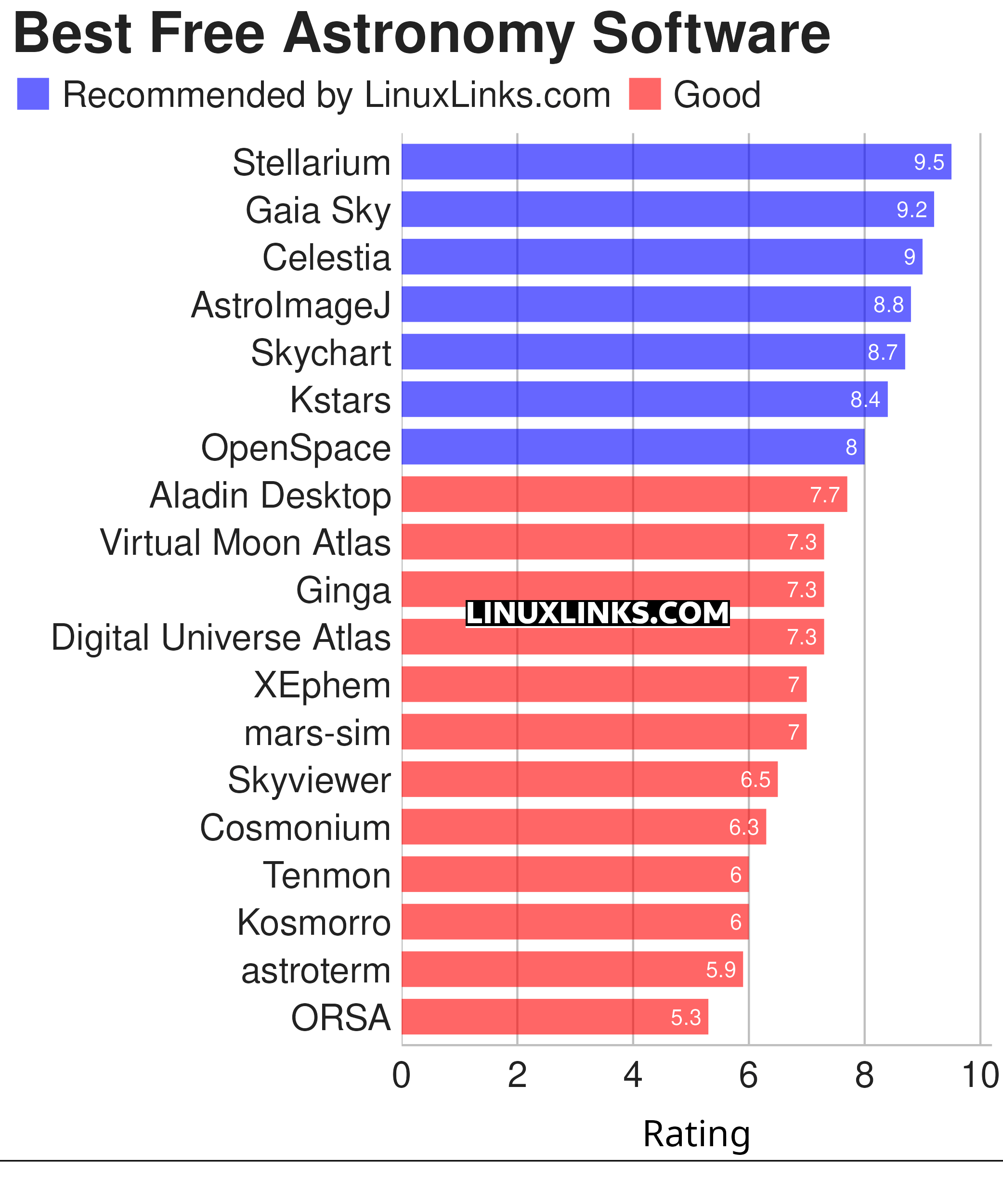Astronomy is a branch of science that deals with the study of celestial objects (including stars, planets, moons, comets, asteroids, meteor showers, nebulae, star clusters and galaxies) and other phenomena.
We were introduced to the world of astronomy by the venerable Sir Patrick Moore. For anyone who does not know, Sir Patrick was an amateur astronomer who presented The Sky at Night, the longest-running television programme, for over 54 years, and made an outstanding contribution to astronomy.
Astronomy is particularly well suited to the layperson. It’s a wonderful hobby which has almost no age limits, it is open to individuals of all financial means, and there is always the potential for an amateur to discover something that has eluded professional astronomers, or to help monitor stars and track asteroids. Even with the unaided eye, there is much to study in the night sky including constellations, shooting stars, planets, and of course the moon, the Earth’s only natural satellite.
There is a wide variety of free astronomy software available for Linux that offer real benefits to astronomy enthusiasts. This category of software lets you map the night sky, plan detailed observations, control telescopes, present star charts, offer observing logs, and much more.
This article focuses on selecting the best free astronomy software available for Linux. Hopefully, there will be something of interest here for anyone who wants to study the sky. Here’s our verdict.

Let’s explore the 19 astronomy applications at hand. For each application we have compiled its own portal page, providing a screenshot of the software in action, a full description with an in-depth analysis of its features, together with links to relevant resources.
| Astronomy Software | |
|---|---|
| Stellarium | A virtual planetarium |
| Gaia Sky | Astronomy visualization desktop and VR program |
| Celestia | Real-time space simulation |
| AstroImageJ | Tool for astronomical image analysis and precise photometry |
| Skychart | Prepare different sky maps for a particular observation |
| KStars | Desktop planetarium for KDE |
| OpenSpace | Interactive data visualization software |
| Aladin Desktop | Interactive sky atlas |
| Virtual Moon Atlas | Real-time moon observation |
| Ginga | FITS image viewer and toolkit |
| Digital Universe Atlas | Standalone 4-dimensional space visualization application |
| XEphem | Motif based ephemeris and planetarium program |
| mars-sim | General purpose simulator |
| Skyviewer | Displays HEALPix-based skymaps |
| Cosmonium | 3D astronomy and space exploration program |
| Tenmon | FITS and XISF image viewer, converter and indexer |
| Kosmorro | Calculate your ephemerides |
| astroterm | Terminal-based star map |
| ORSA | Framework for celestial mechanics investigations |
This article has been revamped in line with our recent announcement.
 Read our complete collection of recommended free and open source software. Our curated compilation covers all categories of software. Read our complete collection of recommended free and open source software. Our curated compilation covers all categories of software. Spotted a useful open source Linux program not covered on our site? Please let us know by completing this form. The software collection forms part of our series of informative articles for Linux enthusiasts. There are hundreds of in-depth reviews, open source alternatives to proprietary software from large corporations like Google, Microsoft, Apple, Adobe, IBM, Cisco, Oracle, and Autodesk. There are also fun things to try, hardware, free programming books and tutorials, and much more. |

What about Aladin the professional planetarium programme plus much more ?
We are currently evaluating Aladin. Thanks for your suggestion.
There is Gaia Sky too
Thanks for your suggestion. We are evaluating Gaia Sky to see if it warrants inclusion.
We’ve published a review of Gaia Sky today. Awesome app! Our astronomy roundup will be updated shortly to include this software.
How about xephem
Please use our software form to suggest software, as it saves cluttering up comments with URLs which we would have to manually periodically check.
XEphem looks like a good candidate for inclusion.